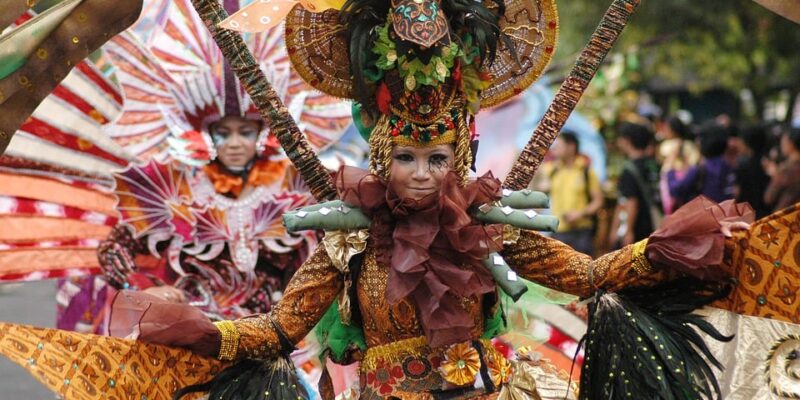The Power of Memes: How Internet Culture is Shaping Popular Culture
In today’s digital age, memes have become a ubiquitous part of internet culture. These humorous images, videos, and text snippets have the power to spread like wildfire across social media platforms, reaching millions of people in a matter of hours. But beyond just providing a quick laugh, memes have also become a powerful tool for shaping popular culture and influencing societal trends.
The Evolution of Memes
Memes have actually been around for decades, long before the internet became a household staple. The term “meme” was coined by biologist Richard Dawkins in his 1976 book, The Selfish Gene, to describe how ideas and cultural norms spread and evolve within a society. However, it wasn’t until the rise of social media platforms like Facebook, Twitter, and Instagram that memes truly exploded in popularity.
Today, memes come in many forms, from image macros with witty captions to viral videos and TikTok challenges. They are often shared and remixed by users, constantly evolving and adapting to fit new contexts and trends. This rapid dissemination of memes has led to their widespread influence on popular culture and the way we communicate online.
The Power of Memes in Shaping Popular Culture
Memes have become a powerful tool for shaping popular culture in a number of ways. One of the most notable aspects of memes is their ability to spark conversations and raise awareness about important social issues. From political satire to social justice movements, memes have the power to bring attention to pressing issues in a way that is both engaging and accessible to a wide audience.
For example, during the 2020 U.S. presidential election, memes played a significant role in shaping public opinion and driving voter turnout. Memes featuring presidential candidates, humorous takes on political debates, and commentary on campaign slogans spread like wildfire across social media platforms, influencing how people viewed the candidates and their policies.
Memes have also become a powerful marketing tool for businesses and brands looking to connect with younger audiences. By incorporating popular memes into their advertising campaigns, companies can tap into the cultural zeitgeist and reach a wider audience than traditional marketing methods. This trend has led to the rise of “memetic marketing,” where brands create their own memes or partner with popular influencers to promote their products in a way that feels authentic and relatable to consumers.
The Impact of Memes on Language and Communication
Another way that memes are shaping popular culture is through their impact on language and communication. Memes often rely on inside jokes, cultural references, and visual cues that may be unfamiliar to those outside of internet culture. This has created a kind of shared language among internet users, with memes serving as a shorthand for expressing complex ideas and emotions in a simple and relatable way.
Memes have also influenced the way we communicate online, with many people incorporating meme language and formats into their everyday conversations. From using reaction gifs to communicate emotions to sharing memes as a form of self-expression, memes have become a staple of internet communication that is constantly evolving and adapting to new trends and contexts.
The Future of Memes in Popular Culture
As internet culture continues to shape popular culture, memes are likely to play an even greater role in shaping how we communicate, consume media, and engage with the world around us. With the rise of new platforms like TikTok and Snapchat, as well as advancements in artificial intelligence and augmented reality, the possibilities for meme creation and dissemination are only growing.
In the future, we can expect to see more businesses and brands incorporating memes into their marketing strategies, as well as an increased focus on using memes as a tool for activism and social change. Memes have the power to unite people from diverse backgrounds and perspectives, sparking important conversations and challenging societal norms in ways that are both humorous and thought-provoking.
In conclusion, memes have become a powerful force in shaping popular culture and influencing societal trends. From political activism to marketing strategies, memes have the ability to reach millions of people in a matter of hours, sparking conversations and shaping how we communicate and engage with the world around us. As internet culture continues to evolve, memes are likely to play an even greater role in shaping the future of popular culture and influencing the way we interact with one another online.
